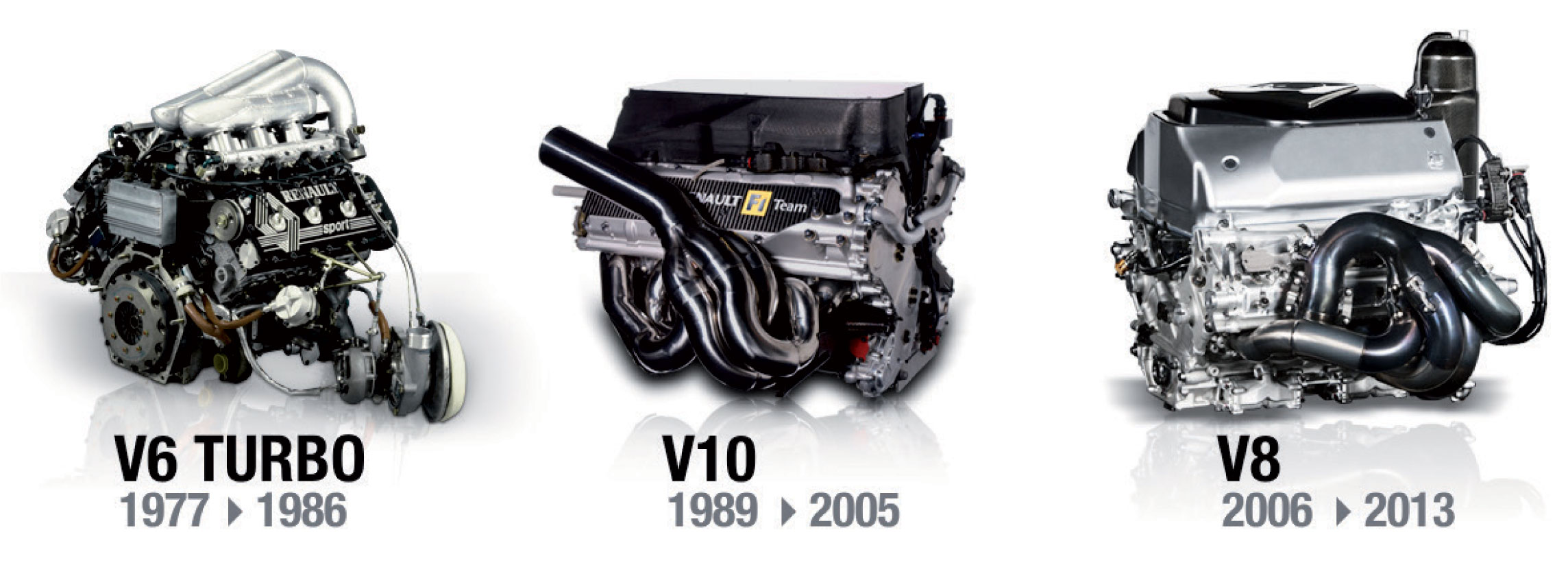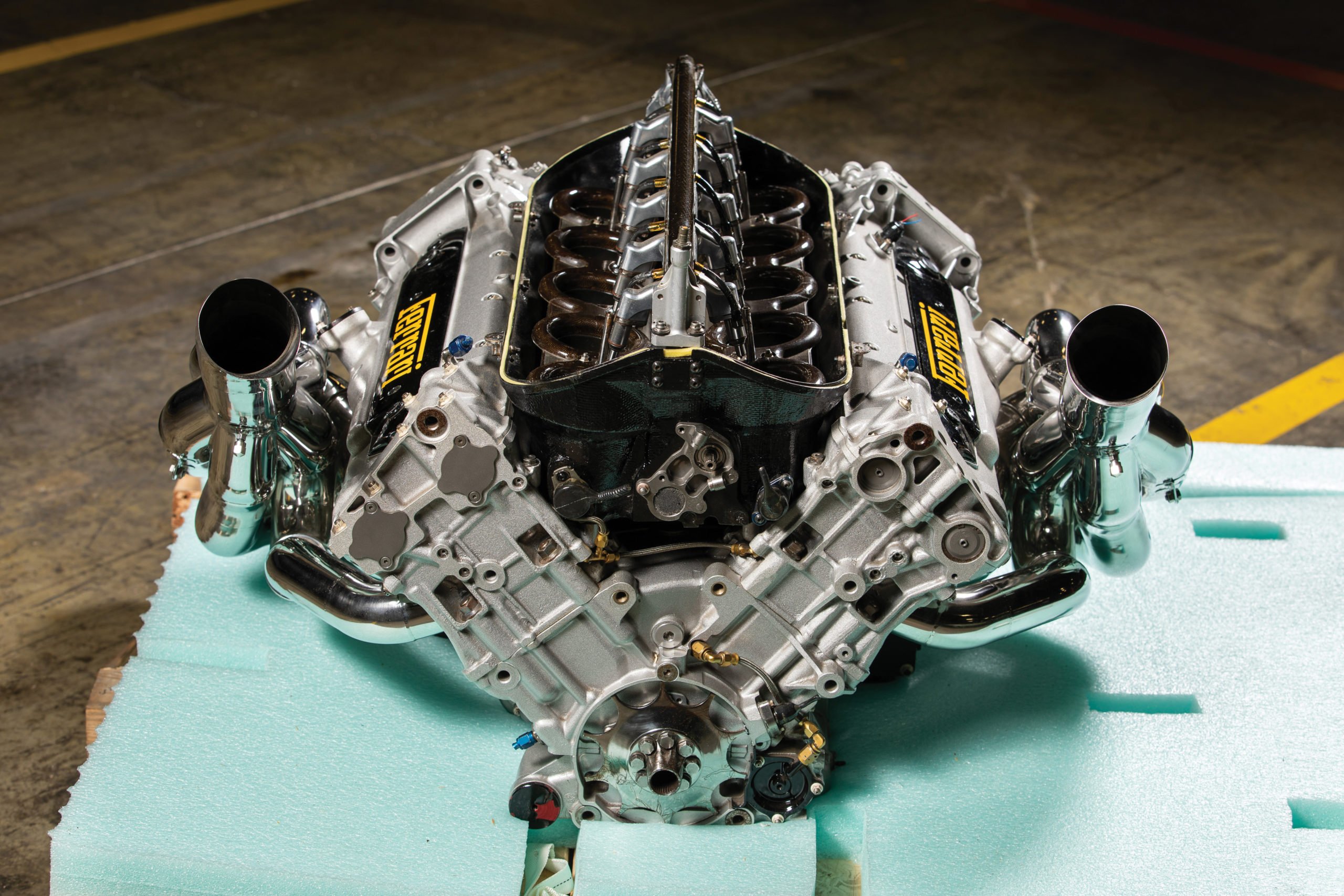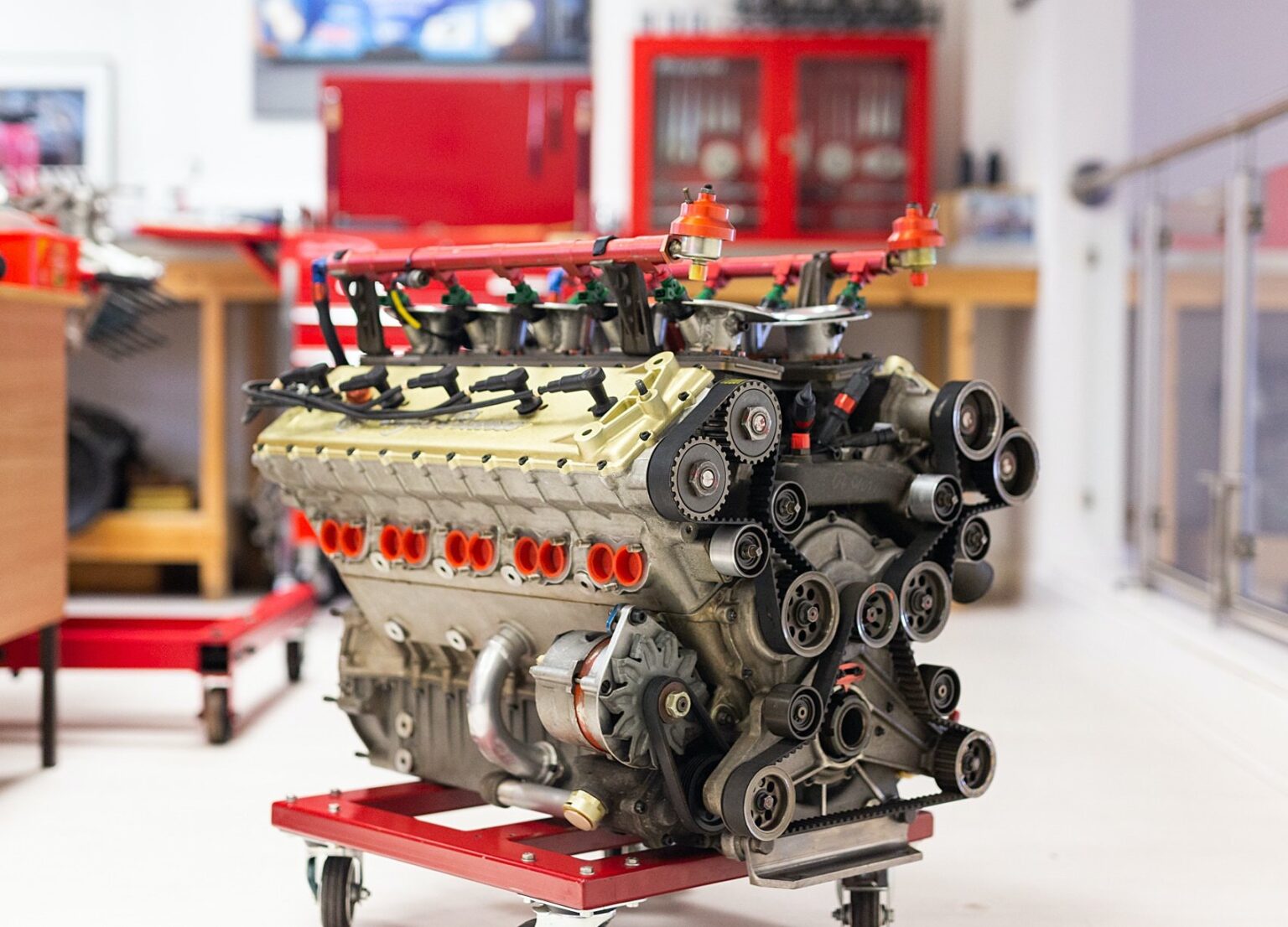The Sound of Victory: F1's Return to F1's V10 Engines Sparks Debate
The Formula 1 community is abuzz with excitement as the engines that power the sport's high-performance machines get ready to roar back to life. After a decade of hybrid power units, F1's engines are set to return to their V10 configuration, marking a significant shift in the sport's technical landscape. But the decision to go back to V10 engines is more than just a technological tweak; it's a statement about the very heart of what makes F1 so thrilling to watch.
For decades, the V10 engine was the crowning jewel of F1, providing a potent combination of speed and sound that captivated audiences around the world. From the iconic Lamborghini V10s of the late 1990s to the sleek Renault V10s of the early 2000s, these engines were the epitome of racing power. And yet, as the sport's technological landscape evolved, the V10 engine was gradually phased out in favor of more efficient and environmentally friendly hybrid power units.
But as the grid prepares to roars back to life with V10 engines, fans and pundits alike are left wondering what the change really means for the sport. Is it simply a nostalgic throwback to the good old days, or is there something more profound at play? In this article, we'll delve into the technical, tactical, and emotional reasons why F1's return to V10 engines is a game-changer for the sport.
The Technical Case for V10 Engines
When it comes to technical considerations, the main advantage of V10 engines is their raw power output. In contrast to the hybrid power units that dominate the current F1 landscape, V10 engines are simpler and more straightforward in design, which makes them faster and more reliable. Here are just a few reasons why V10 engines are better suited for high-speed racing:
- Higher power-to-weight ratio: V10 engines are able to produce more horsepower per kilogram of weight, making them ideal for the high-speed, high-load demands of F1 racing.
- Simpler design: With fewer components and no hybrid system to manage, V10 engines are less prone to technical issues and more straightforward to maintain.
- Increased engine durability: The reduced complexity of V10 engines means they can withstand the rigors of high-performance racing without suffering from mechanical failures.
Of course, there are also some significant technical challenges to overcome when returning to V10 engines. For example:
- Hybrid engine technology is hard to beat: Despite the limitations of V10 engines, hybrid power units have proven to be highly effective in reducing emissions and increasing efficiency.
- Energy harvesting is a complex task: The transition from V10 to hybrid engines required significant changes to the power unit, including the development of complex energy harvesting systems.
- Weight distribution is critical: To maintain competitiveness, teams will need to carefully optimize the weight distribution of their V10-powered cars, taking into account factors like engine placement and transmission setup.
The Tactical Case for V10 Engines
When it comes to the tactical implications of returning to V10 engines, there are several key considerations to keep in mind. For example:
- Increased reliance on driver skill: With the power output of V10 engines, drivers will need to be highly skilled and adaptable to extract the maximum performance from their cars.
- More emphasis on aerodynamics: As V10 engines are less efficient, teams will need to rely more heavily on aerodynamic gains to stay competitive, which will lead to more complex and high-tech designs.
- Tightened regulations on engine performance: With V10 engines, teams will need to carefully manage their engine performance to stay within the regulations, which could lead to a more consistent and predictable racing surface.
The Emotional Case for V10 Engines
So why do fans and teams care so much about returning to V10 engines? Here are just a few reasons why the sound of victory is back in F1:
- The thrill of the sound: Let's face it - the V10 engine sound is unbeatable. From the deafening roar of the old Benetton B194 to the screaming of the Ferrari 252, V10 engines have a unique and exhilarating sound that gets fans on the edge of their seats.
- A nod to the past: The return of V10 engines is a direct nod to the rich history of F1, a sport that has always been about pushing the boundaries of technology and innovation.
- A statement about F1's values: By returning to V10 engines, F1 is making a statement about the sport's values - speed, power, and a passion for the thrill of racing that is unmatched in any other series.
The Implications for the Future of F1
As F1 returns to V10 engines, the implications for the future of the sport are significant. Here are just a few potential consequences to watch out for:
- Increased focus on driver skill: With the power output of V10 engines, drivers will need to be highly skilled and adaptable to extract the maximum performance from their cars, which could lead to more thrilling racing and a greater emphasis on driver talent.
- More emphasis on aerodynamics: As V10 engines are less efficient, teams will need to rely more heavily on aerodynamic gains to stay competitive, which could lead to more complex and high-tech designs.
- A more conservative approach to engine development: With the simplicity and reliability of V10 engines, teams may take a more conservative approach to engine development, which could lead to a more predictable and consistent racing surface.
The Challenges Ahead
As F1 returns to V10 engines, there are several challenges that teams and engineers will need to overcome. Here are just a few potential hurdles to watch out for:
- Designing a V10 engine that meets regulations:
Hisashi Ouchi Real Hospital Po
London Hammer
Jesse Plemons Breaking Bad
Article Recommendations
- Mamitha Baiju
- Who Isavid Muir S Wife
- Hisashi Ouchi Real Images
- Jackoherty
- Bhad Bhabie
- King Von Autospy
- Charlotte Parkes
- Karlye Taylor
- Who Is Tony Hinchcliffe Father
- Abby Berner



